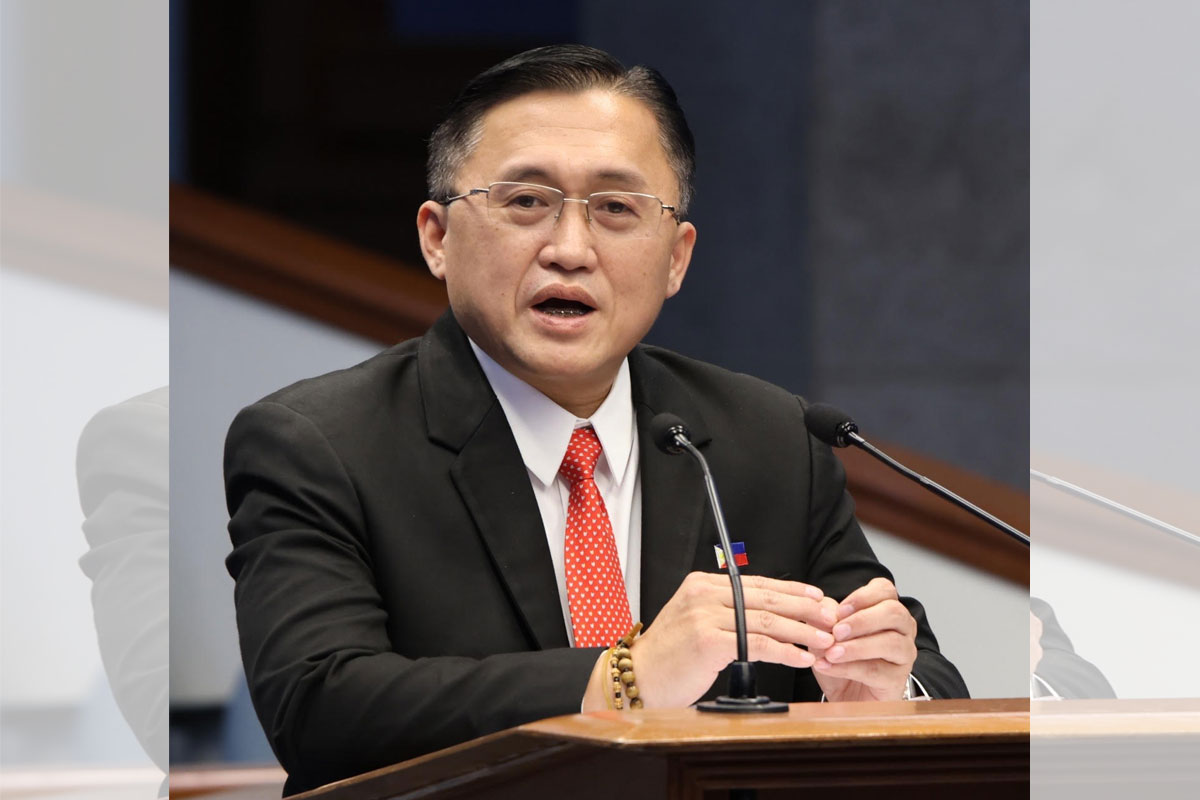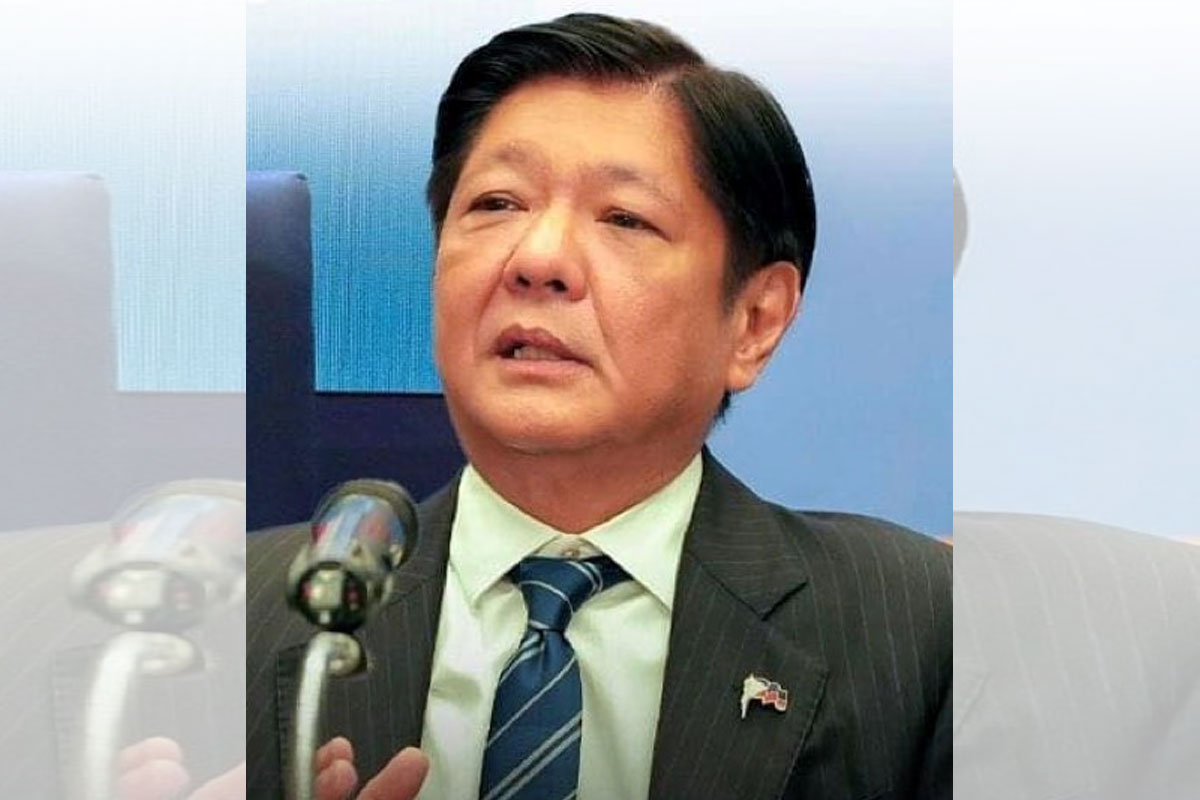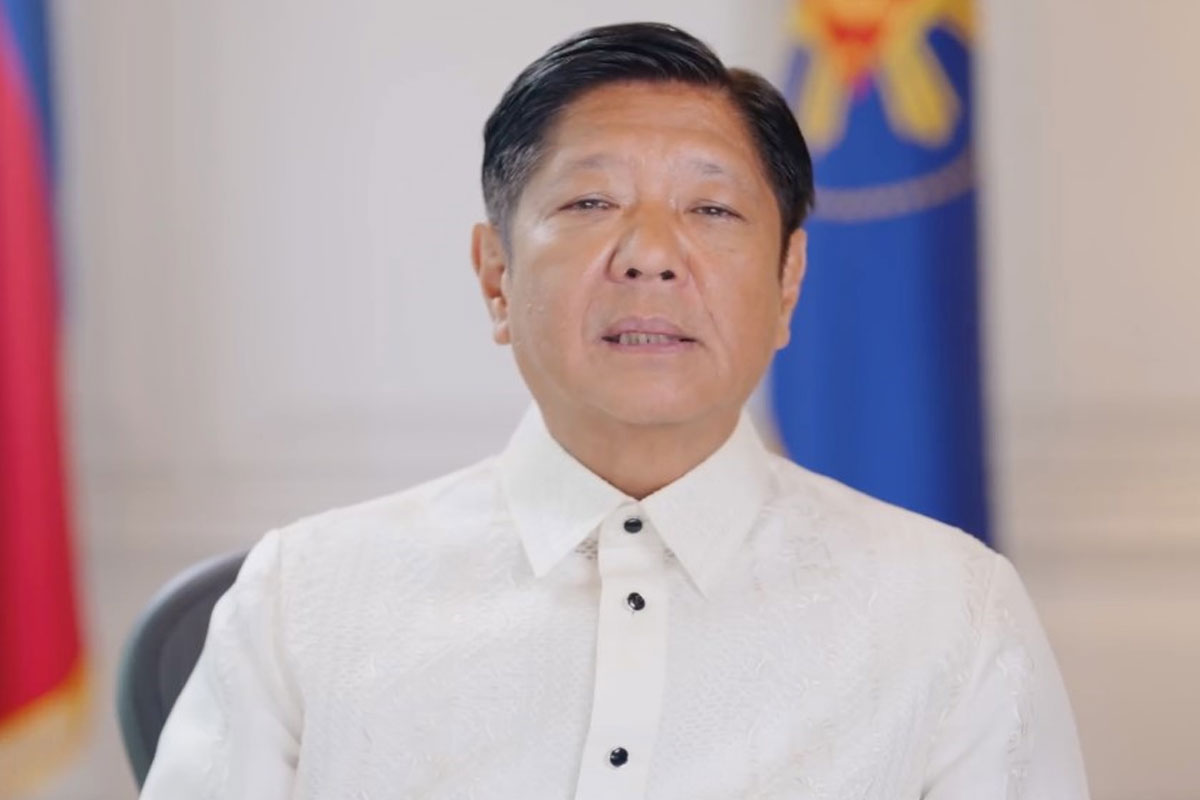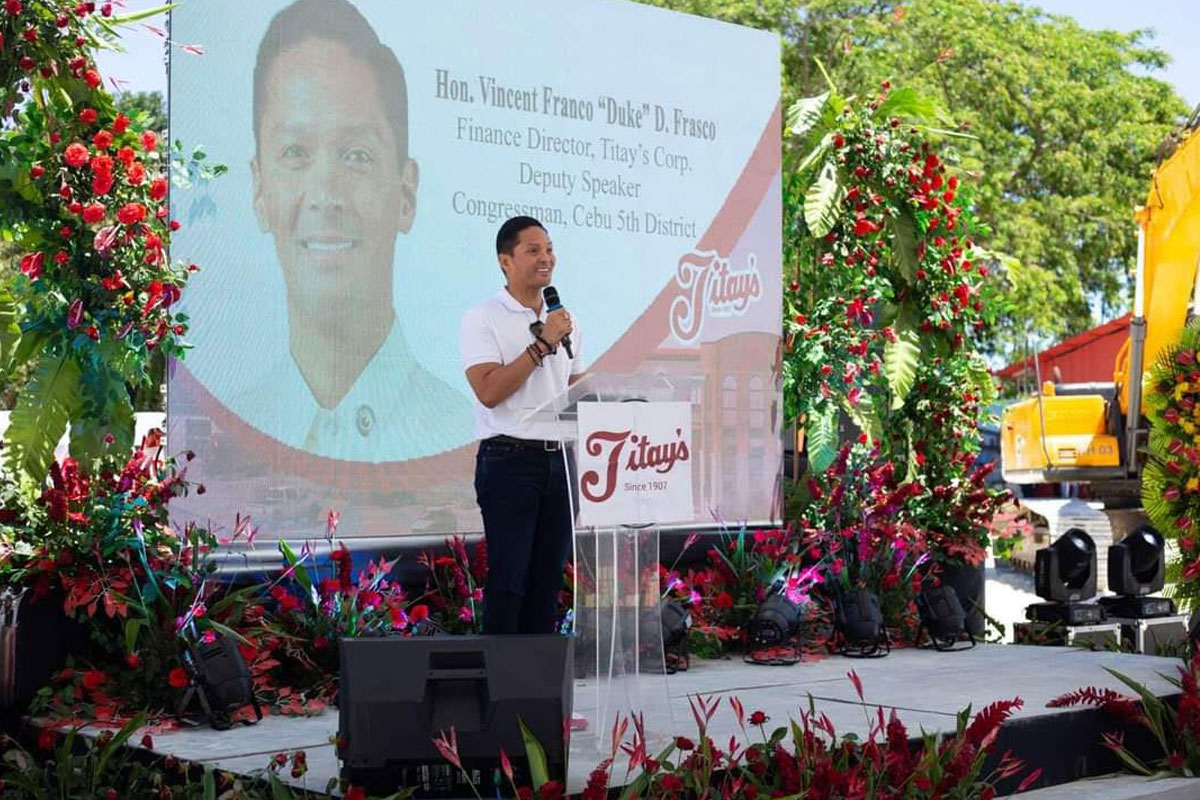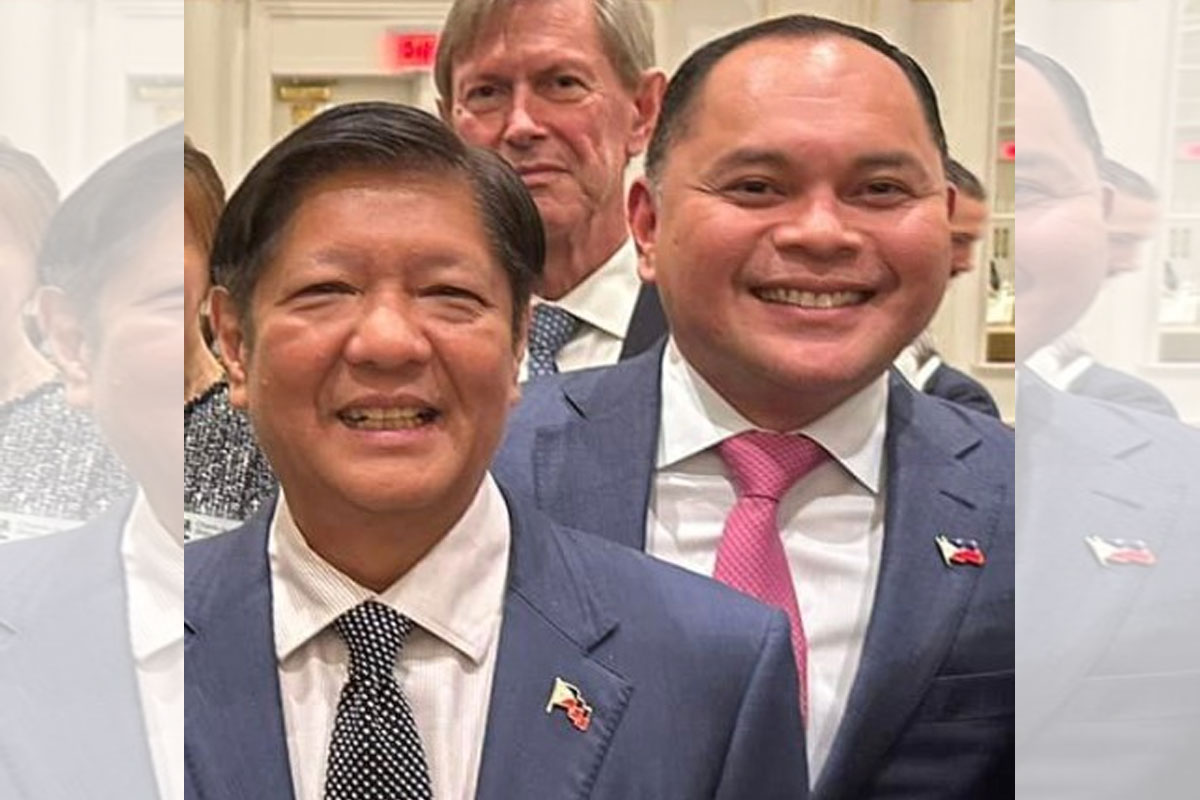
Bill on changes on fixed tour of duty of key AFP officers approved on final reading
VOTING 251 against three, the House of Representatives approved on third and final reading on Monday a bill that provides for changes in the law on the fixed tour of duty of high-ranking key military officers.
House Bill (HB) No. 6517 is titled, “An Act further strengthening professionalism and promoting the continuity of policies and modernization initiatives in the Armed Forces of the Philippines.”
Speaker Martin G. Romualdez is the principal author of the bill, together with Iloilo Rep. Raul Tupas, who chairs the committee on national defense and security.
Other authors of the measure are House Majority Leader Manuel Jose “Mannix” M. Dalipe, Mercedes K. Alvarez, Divina Grace C. Y, Jorge “Patrol” Bustos, Jonathan Keith T. Flores, John Tracy F. Cagas, Isidro T. Ungab, Zia Alonto Adiong, Joseph Stephen “Caraps” S. Paduano, Lex Anthony Cris A. Colada, Michael B. Gorriceta, Arnan C. Panaligan, Rodolfo “Ompong” M. Ordanes, Presley C. De Jesus, Jurdin Jesus M. Romualdo, Yevgeny Vincente B. Emano, Edwin L. Gardiola, Khymer Adan T. Olaso, Maria Carmen S. Zamora, Jude A. Acidre, Dimszar M. Sali, Anthony Rolando T. Golez, Jr., Ernesto M. Dionisio, Jr., and, Jeyzel Victoria C. Yu
The committee recommended the changes in Republic Act (RA) No. 11709, the law on the fixed tenure of the AFP chief of staff and other key officers enacted early this year, after consulting with AFP personnel.
The proposed law would limit the fixed tour of duty of three consecutive years, unless sooner terminated by the President, to just four officers: chief of staff, commanding general of the Army, commanding general of the Air Force, and flag-officer-in-command of the Navy.
The commanding generals of the Army and Air Force and the Navy chief would not be eligible for any position unless promoted to chief of staff.
The bill would exclude from the coverage of three three-year tenure the vice chief of staff, deputy chief of staff, unified command commanders, and inspector general.
However, it would allow “lateral movement” for these officers, provided that no officer shall be designated to a key position, except that of chief of staff, if he has less than one year of active service remaining prior to compulsory retirement.
No officer would also be promoted to the rank of brigadier general/commodore if he has less than six months of active service before mandatory retirement.
The proposed law also fixes the compulsory retirement age for certain high-ranking officers: 57 years for those with the rank of brigadier general/commodore, 58 for those with the rank of major general/rear admiral and 59 for those occupying the rank of lieutenant general/vice admiral.
The bill would allow the secretary of national defense, in consultation with the AFP, to determine the number of officers in each grade or rank, and in each major, technical or administrative service.
RA No. 11709 sets the percentage for the number of officers in each rank.
Romualdez said the proposed changes were prompted by “important issues” brought to his attention by AFP officers and enlisted men.
“I understand them and they are all valid. I had discussed these with the House leadership and the committee on national defense and security and the bill is our way of addressing the concerns of our officers and enlisted personnel in the AFP,” he said.
The Speaker’s co-authors of the bill said the amendatory measure provides more space for professional advancement and promotion for officers.
In their explanatory note, the authors said the proposed changes in the law were the product of “extensive consultations” with members of the military.
“After the passage into law of RA No. 11709, a significant number of proposals and recommendations from officers and enlisted personnel were made to amend some provisions to make the law more responsive to the needs, peculiar situation, organizational structure, and human resource development of the AFP,” they said.
They said the legislation itself allows for its “systematic review, evaluation and impact assessment.”
They said Congress is always cognizant of the constitutional role of the AFP as the “protector of the people and the state” and the country’s sovereignty and territorial integrity.



